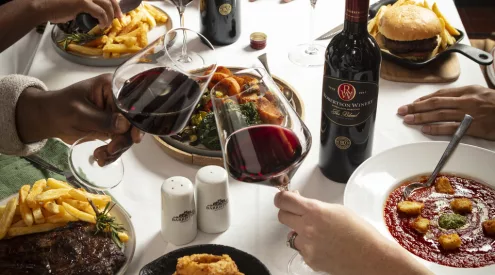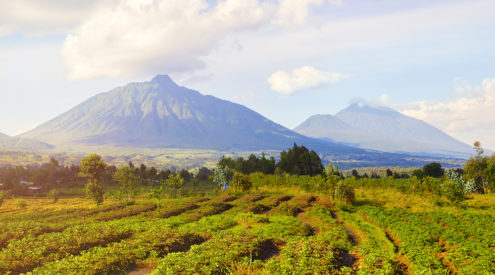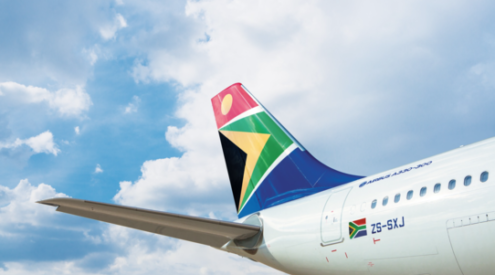Anglo American has successfully completed a sea trial using biofuel blended with very low sulphur fuel oil (VLSFO), reducing carbon emissions by approximately 10%. The trial further demonstrates the potential for sustainable biofuel to be used as a ‘drop-in’ fuel – renewable fuels which can be blended with petroleum products – improving its viability to help reduce emissions in the shipping sector.

‘Connecting our customers with the metals and minerals they need in a way that is safe, efficient and sustainable is a key priority for us.’ said Peter Whitcutt, CEO of Anglo American’s Marketing business. ‘Last year, we outlined our ambition for carbon-neutral controlled ocean freight – a natural extension of our commitment to decarbonising our mining operations by 2040.’
The fuel was blended and bunkered in Singapore, marking an important step in establishing a local supply chain and a cost-efficient, low-carbon biofuel offer for the region.
Anglo American used a blend composed of VLSFO – the industry’s most widely used conventional marine fuel – mixed with 10% second-generation biofuel originating from used cooking oil. The use of the blend resulted in a reduction of approximately 10% in carbon emissions compared to using 100% VLSFO. A functional equivalent to existing liquid fuels, this blend is compatible with existing vessel engines and requires no infrastructure modification.
This is Anglo American’s second biofuel marine trial. The first trial, conducted in June 2021, used a biodiesel blend produced by converting waste cooking oil from Singapore’s food and beverage industry and reduced carbon emissions by around 5%.

‘Our first trial demonstrated our capabilities and commitment to taking action,’ Whitcutt added. ‘We have now taken those learnings and applied them to exploring how best to operationalise biofuel in a business-as-usual scenario. The transition from a distillate biofuel blend to one using VLSFO paves the way to establishing biofuel as a credible option in the future.’
The trial was conducted onboard the Seanergy Maritime-owned Capesize bulk carrier Friendship, time-chartered by Japanese shipping company NYK Line and voyage-chartered by Anglo American. The biofuel blend, provided by TotalEnergies Marine Fuels, was used to power 50% of a round-trip from Singapore to Saldanha Bay in South Africa, where a cargo of Anglo American iron ore was loaded.
The biofuel component of the blend met the specification requirements of the International Sustainability and Carbon Certification (ISCC) system, an industry-leading standard covering all bio-based materials.
The shipping industry is responsible for 940 million tons of carbon emissions annually; that is 2.5% of global emissions. The International Maritime Organisation has mandated a 50% reduction of all emissions by 2050.
Nation-states agreed to the Clydebank Declaration at COP26 in 2021 after the IMO Greenhouse Gas Study estimated that shipping emissions are expected to represent 90-130% of current emissions by 2050 if no action is taken.
By increasing the percentage of biofuel in future trials, Anglo American aims to pursue further Carbon Dioxide emissions reductions as part of a broader decarbonisation framework for its chartered fleet.
Pictures: Anglo American
ALSO READ
China and USA collaborate on creating world’s first green shipping corridor

















